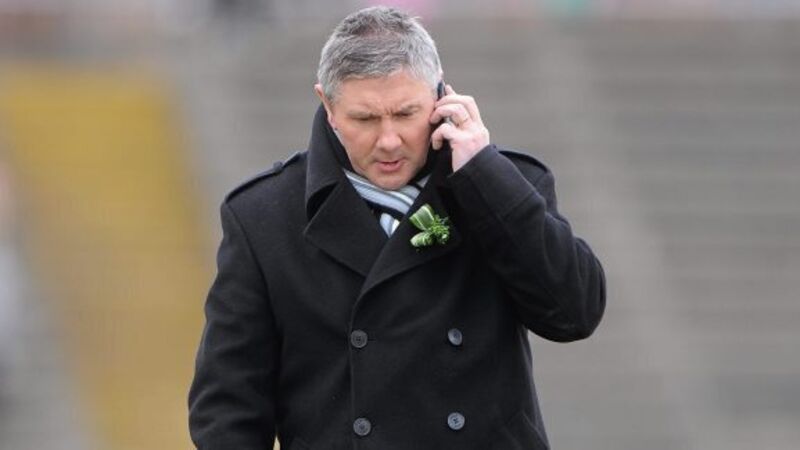Danger in allowing athletes to just talk

“Having just written my 300th column, I find I am besieged by athletes begging me to interview them. Yesterday morning, no sooner had I reached my office when the phone rang.
“‘Yeah’,” I said. ‘Er, Miss Shah? This is Steve Carlton with the Philadelphia Phillies. I was wondering …’












